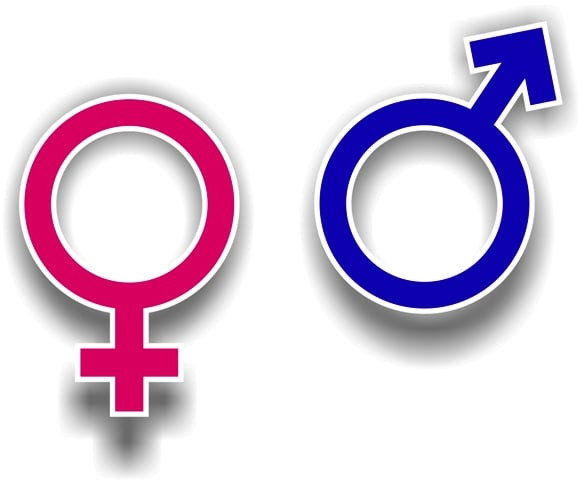Syllabus upgrade: Sexual health rights to be incorporated in curriculum
The campaign has taken Barelvi, Deobandi and Ahle-Tasheeh ulema on board.

The curriculum has been designed by Hayat Lifeline Campaign and targets adolescents.
A curriculum is being designed to create awareness about sexual and reproductive health rights.
The contents were shared on Friday with a section of teachers and officials of the Schools Education department.
The curriculum has been designed by Hayat Lifeline Campaign and targets adolescents. Topics discussed include puberty, reproduction, transmittable diseases and human rights.
The curriculum has been prepared on two levels.
Level one targets the 10 to 12-year-olds and is about self-awareness, self-esteem, feelings, human rights, body protection, nutrition and peer pressure.
Puberty will be addressed for children under ‘How I grow and change’.
Level two is designed for 13 to 15-year-olds.
Topics at this level include maternal health, awareness regarding HIV/AIDS and hepatitis, stigma, discrimination, addiction and advanced information regarding puberty, human rights and effective communication.
“Our focus has been on providing information on age-specific issues,” says Tariq Mahmood, a curriculum specialist on the project.
He says the curriculum is being designed as Life Skills Based Education (LBSE).
“LSBE is a global practice to promote learning and life skills for young people. It includes guidance regarding cognitive, emotional and social skills of a young individual,” he says.
Mahmood says topics like health, reproduction and life skills have formed a major component of the LSBE, which received global recognition in 1986 as part of the World Health Organisation’s (WHO) global conference.
“A serious lack of awareness has increased the communication gap between adults and the youth on such topics,” he says.
He says research in the area indicated that on topics relating to sexual and reproductive health, parents, teachers, peers and media were major sources of information for young people.
Mahmood says several topics relating to sexual awareness education have been incorporated in the draft curriculum.
He said this was in line with the National Education Policy of 2009.
Mahmood says globally, LSBE is taught as a subject with trained teachers and scores form a part of the child’s annual evaluation. He says this has not been the case in Pakistan.
“With the scheme of studies so compact, it is difficult to introduce it as a separate subject,” he says. “The best option is to continue teaching sexual health topics spread across various subjects.”
He says the evaluation through scores is essential.
School Education Department Deputy Secretary Aftab Ahmed says it is important to gauge benefits of such a curriculum over a longer period and at a larger scale.
“We have to determine the mode and the extent to which we can communicate such topics,” he says. He says a curriculum development authority is needed for such a project.
“Initially, we had reservations about interacting with the ulema because of the sensitivity of the topic,” says Omer Aftab, the chief executive of the campaign.
“We were amazed at the nature of the scholarly discussion on sexual health amongst the ulema,” he says.
Aftab says the curriculum would not introduce anything “un-Islamic.”
“There are provisions in our religious literature on sexual health,” he says.
He says the campaign has taken ulema from Barelvi, Deobandi and Shia sects on board.
“It is easier for our children to tackle situations once they have the required information,” says Raghuib Hussain Naeemi, the nazim at the Jamia Naeemia in Lahore.
He has organised two workshops at the Jamia on sexual health.
Published in The Express Tribune, August 24th, 2013.



















COMMENTS
Comments are moderated and generally will be posted if they are on-topic and not abusive.
For more information, please see our Comments FAQ